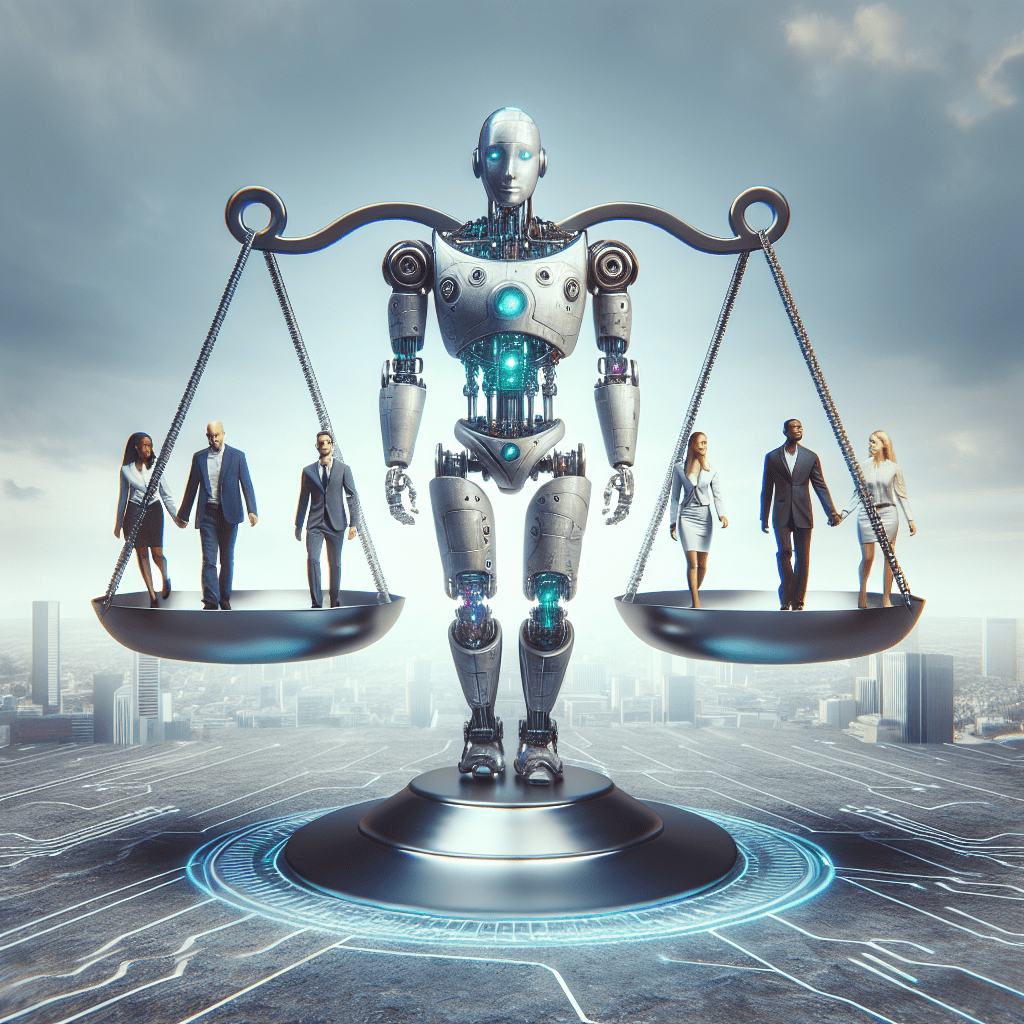Artificial Intelligence (AI) is rapidly transforming the way we live, work, and interact with the world around us. From autonomous vehicles to personalized recommendations, AI has the potential to revolutionize industries and create new opportunities for innovation. However, the increasing integration of AI into society raises important ethical and social questions that must be addressed in order to ensure a sustainable and equitable future.
The Impact of AI on Society
AI has the potential to bring about significant changes in many aspects of society, including healthcare, transportation, education, and more. While AI has the potential to improve efficiency, productivity, and convenience, it also raises concerns about job displacement, privacy, security, and bias.
One of the key challenges of AI is ensuring that it is developed and deployed in a way that is ethical and aligned with the values and interests of society as a whole. This requires careful consideration of the potential risks and benefits of AI, as well as the development of robust governance frameworks to guide decision-making and ensure accountability.
Finding a Balance for the Future
Navigating the complex relationship between AI and Society requires a careful balance between innovation and regulation. While AI has the potential to bring about significant benefits, it also presents risks that must be managed effectively in order to ensure a sustainable and equitable future.
One way to address these challenges is through the development of ethical guidelines and standards for the development and deployment of AI. These guidelines can help ensure that AI systems are designed and implemented in a way that is fair, transparent, and accountable. Additionally, governments, industry, and civil society must work together to address issues such as bias, discrimination, and privacy in AI systems.
Conclusion
As AI continues to evolve and become increasingly integrated into society, it is essential that we take a proactive approach to addressing the ethical and social implications of this technology. By finding a balance between innovation and regulation, we can ensure that AI is developed and deployed in a way that benefits society as a whole. By working together to address these challenges, we can create a future where AI enhances our lives while respecting our values and protecting our rights.
FAQs
Q: What are some of the ethical concerns surrounding AI?
A: Some of the ethical concerns surrounding AI include privacy, bias, transparency, and accountability.
Q: How can we ensure that AI is developed in an ethical way?
A: We can ensure that AI is developed in an ethical way by establishing guidelines and standards for the development and deployment of AI, as well as by fostering collaboration between governments, industry, and civil society.
Q: What are some of the benefits of AI?
A: Some of the benefits of AI include increased efficiency, productivity, and convenience, as well as new opportunities for innovation.
Quotes
“Just as electricity transformed almost everything 100 years ago, today I actually have a hard time thinking of an industry that I don’t think AI will transform in the next several years.” – Jeff Bezos


